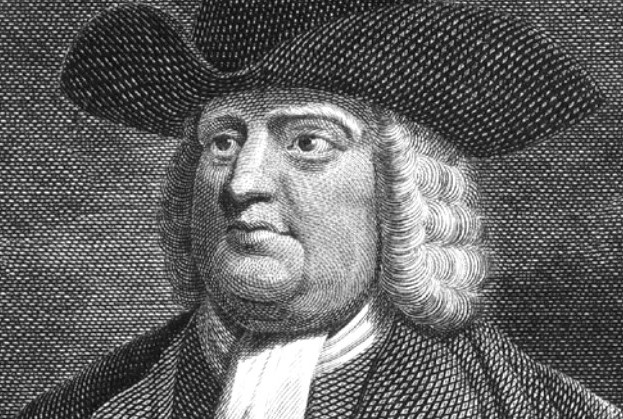New York Times Looks Back at Quaker Rebellion Against Pronoun Inequality

Today’s fight to use gender-inclusive pronouns is not the first time grammar has found itself in the middle of political discourse, as 17th-century Quakers also rebelled against the rules of grammar that created inequality between people, writes Teresa Bejan for The New York Times.
The Quakers were set apart by other Evangelical sects for their rejection of conventional modes of address.
The rules of civility in early modern England dictated that a person of higher authority or social rank should be referred to using the plural instead of singular pronouns by others. The “you” used today as the second-person singular pronoun was at the time the plural. “Thee” and “thou” were used as the second-person singular.
Quakers, however, refused to follow this status-based differentiation. Instead, they used “thee” and “thou” for everybody as a form of egalitarian social protest.
Quakers also renounced the use of “you” as a singular, believing it represented a sin of pride. Even William Penn, long before he founded Pennsylvania, argued that when plural “you” is applied to individuals, it became a form of idolatry.
Quakers continued to use “thee” and “thou” for more than two centuries as a form of protest.
Read more in The New York Times here.
[uam_ad id=”80503″]
.
[uam_ad id=”80502″]
Connect With Your Community
Subscribe to stay informed!
"*" indicates required fields































![95000-1023_ACJ_BannerAd[1]](https://vista.today/wp-content/uploads/2023/03/95000-1023_ACJ_BannerAd1.jpg)



















